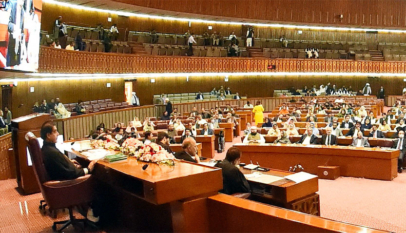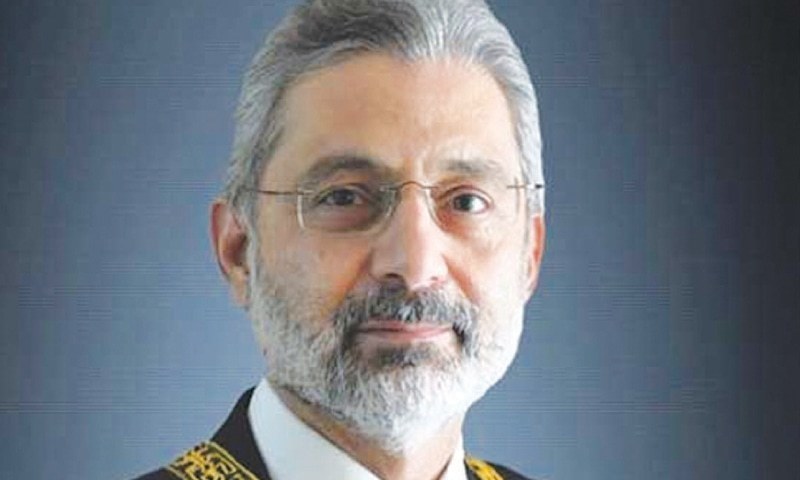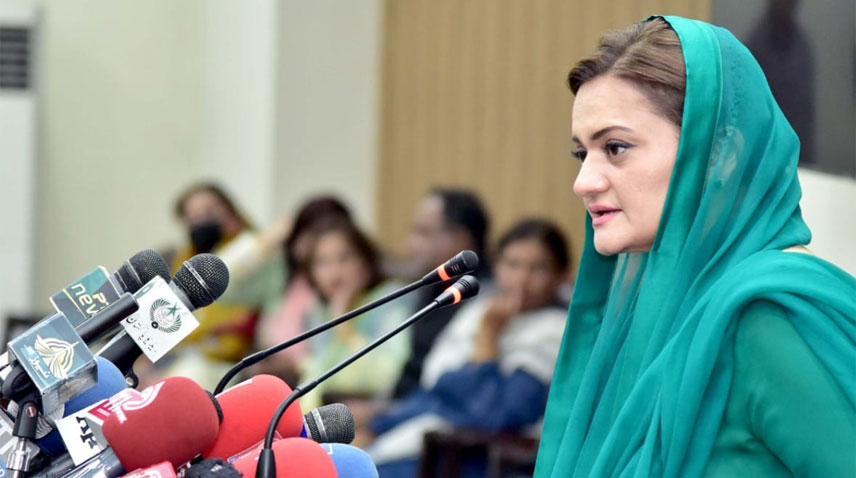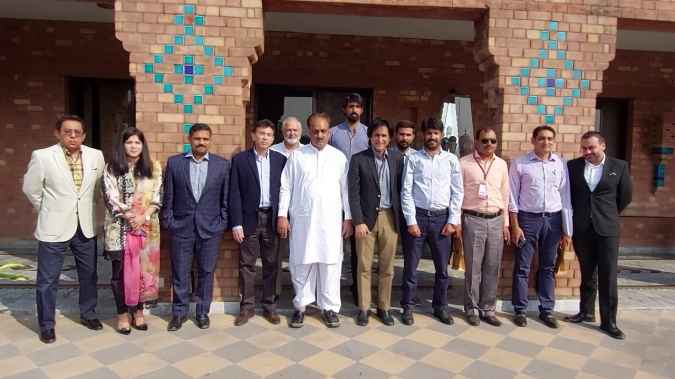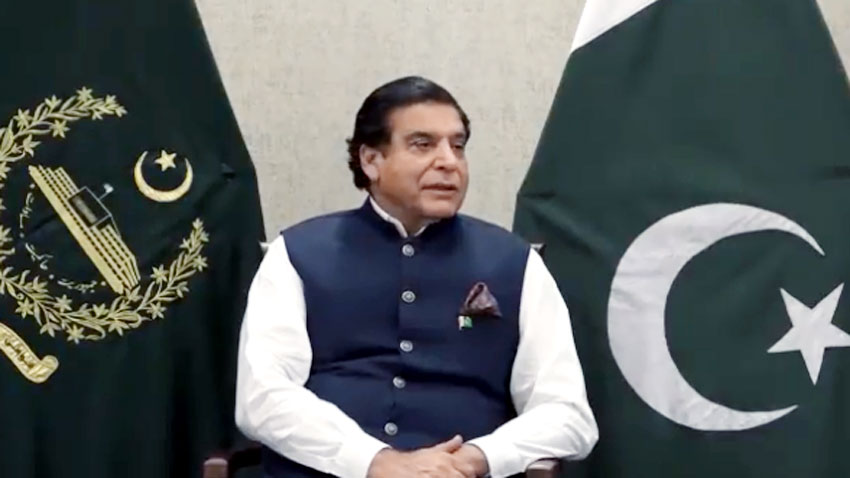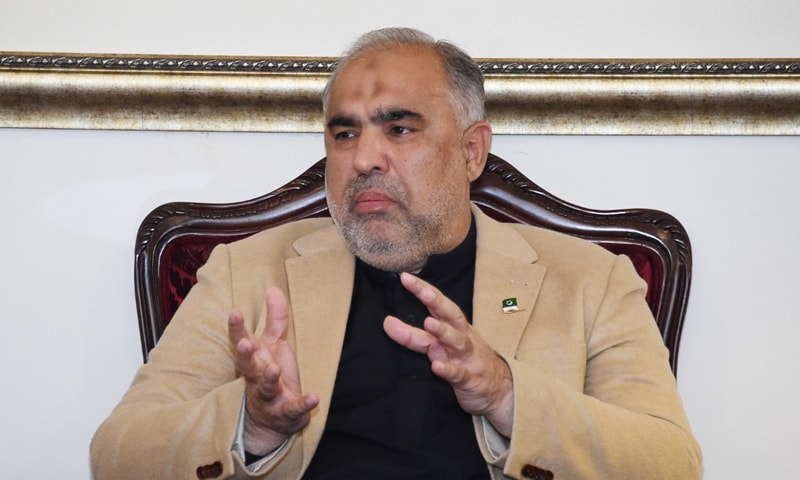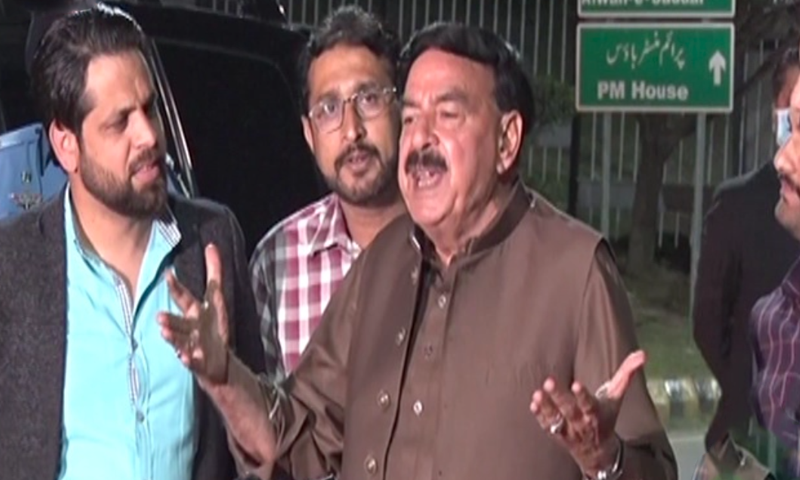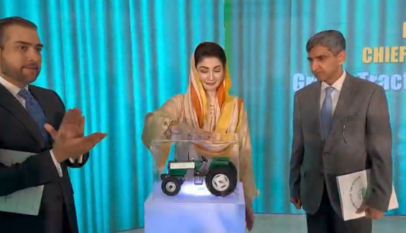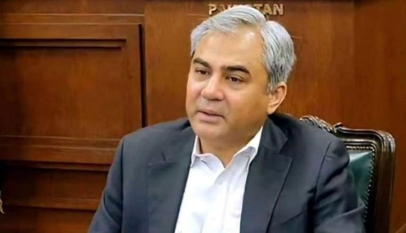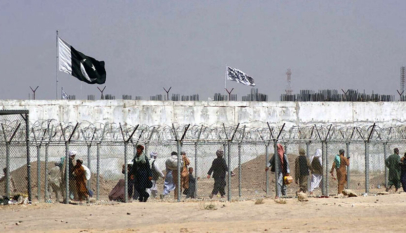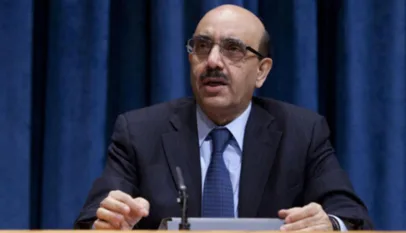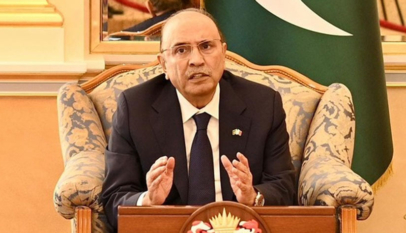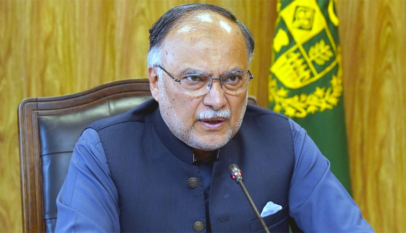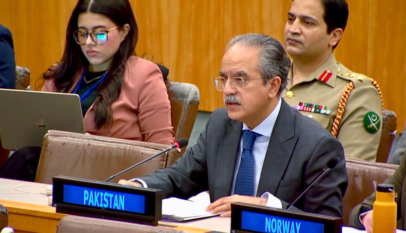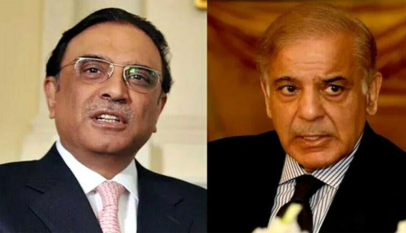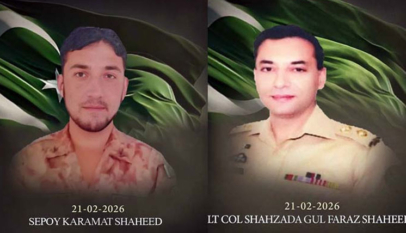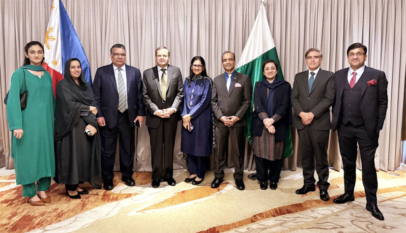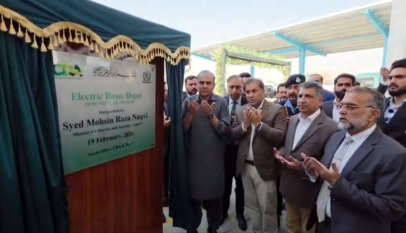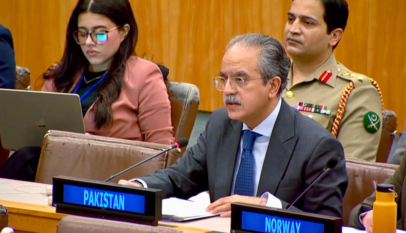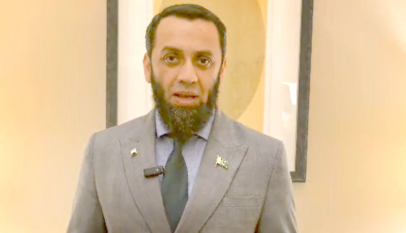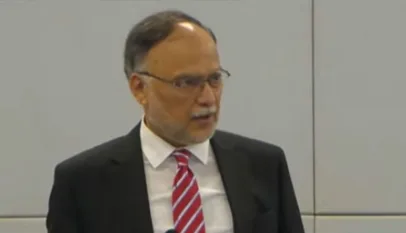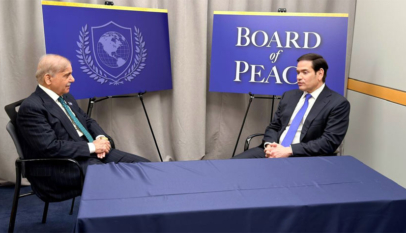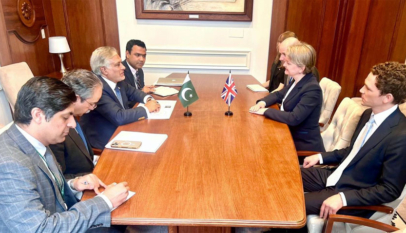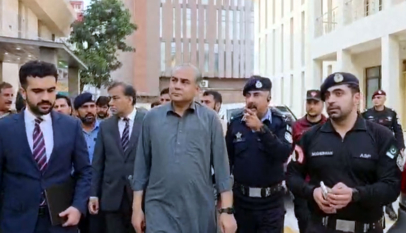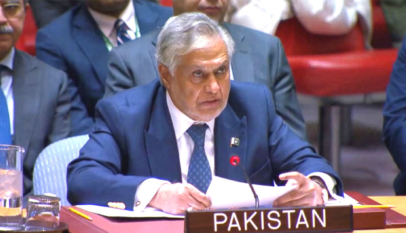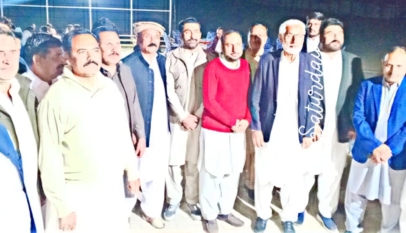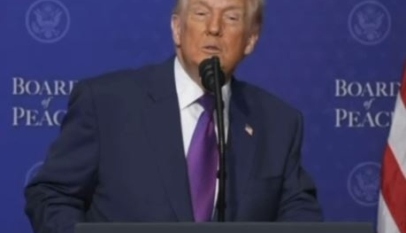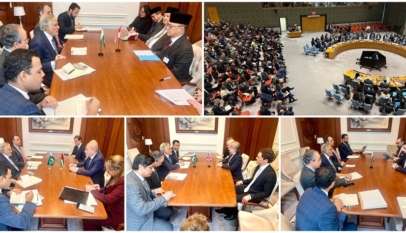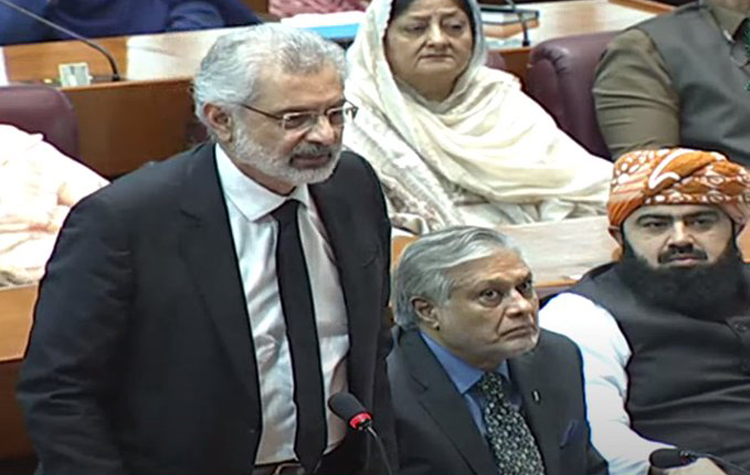
Justice Qazi Faez Isa has said that he is a “defender” of the Constitution and that if he failed to defend the charter, people have a right to critique him.
Addressing a special session at the National Assembly in honour of the 50th anniversary of the Constitution on Monday, the Supreme Court judge said that the country’s charter gave people the freedom of speech and allowed for the freedom of the press.
“I want to say on behalf of my institution that we are defenders of the Constitution… I too have taken the oath to protect the Constitution and uphold it. Should I fail to do so, you have the right to criticise me.”
During the session, Justice Isa said — on the behalf of the Supreme Court — that the apex court “stood by the Constitution”.
“After God, we are under the protection of the Constitution,” he said.
He further exalted the country’s charter and said: “This book is the identity of Pakistan and its people.”
“As you are experts in politics, the law is my field,” he said. “You can comment and criticise when you deem it right as you have done, and that critique was heard.”
The justice also spoke on the role of the three estates of the country in maintaining a balance in the way things were run.
“Our job is to make decisions quickly and in accordance with the Constitution. Your job is to legislate,” he said, adding that parliament and the bureaucracy should aim to serve people.
Justice Isa further clarified that he was impartial to the political discussion taking place at the house and did not want anyone to misconstrue his presence at the session as his agreement with what was being said.
“Before I came here I asked what today’s agenda would be and I was assured that there would be no political discussion and only the Constitution would be discussed and celebrated. However, there were plenty of political discussions, which I cannot deny you the right to since it is given to you by this very constitution.
However, I would like to clarify that while I have heard your discussion, it does not mean, I agree with it.”
“Let me clarify, I have come to celebrate the Golden Jubilee of the Constitution,” he said.
He then briefly spoke of his father’s achievements and the history of the creation of Pakistan. “I am proud that my father was a member of the All India Central Working Committee from Balochistan and established the Muslim League in the province.”
“Pakistan was a dream seen by Iqbal and Jinnah, and when that dream was realised, Pakistan was the biggest Muslim country in the world.
“It is unfortunate that today, we no longer have that status.”
He then discussed the impact of the dissolution of the constituent assembly by Governor General Ghulam Muhammad in 1954.
The move although rejected by the High Court in Sindh at the time, was overturned by the Federal Court — now the Supreme Court of Pakistan.
Then lauding the decision of Justice Dorab Patel refused to take oath under General Ziaul Haq in 1981, Justice Isa asked: “If we had stood by Maulvi Tamizuddin at the time when the courts had stood by him — and rejected Ghulam Mohammad’s decree — do you think we would have seen the divide we see today?”
He further lauded Prime Minister Shehbaz Sharif’s decision to celebrate the Constitution.
“We need to truly cherish the Constitution,” he said.
“Not because it guarantees my salary, but because it is essential for us and safeguards our rights.”
The Justice then appreciated the decision of the House to teach the Constitution at the school level and said it was essential for people to understand the Constitution for them to take ownership of the country.
“Our Constitution guarantees some rights that other countries do not, such as the right to information.”
He then reiterated that he had pledged to protect the charter and that he was impartial to the political discussions carried on in the House before him.
“It may be possible that tomorrow you are presented in a case before me. Do not then say that I ruled against you despite being invited here today,” he joked in the conclusion of his address.




